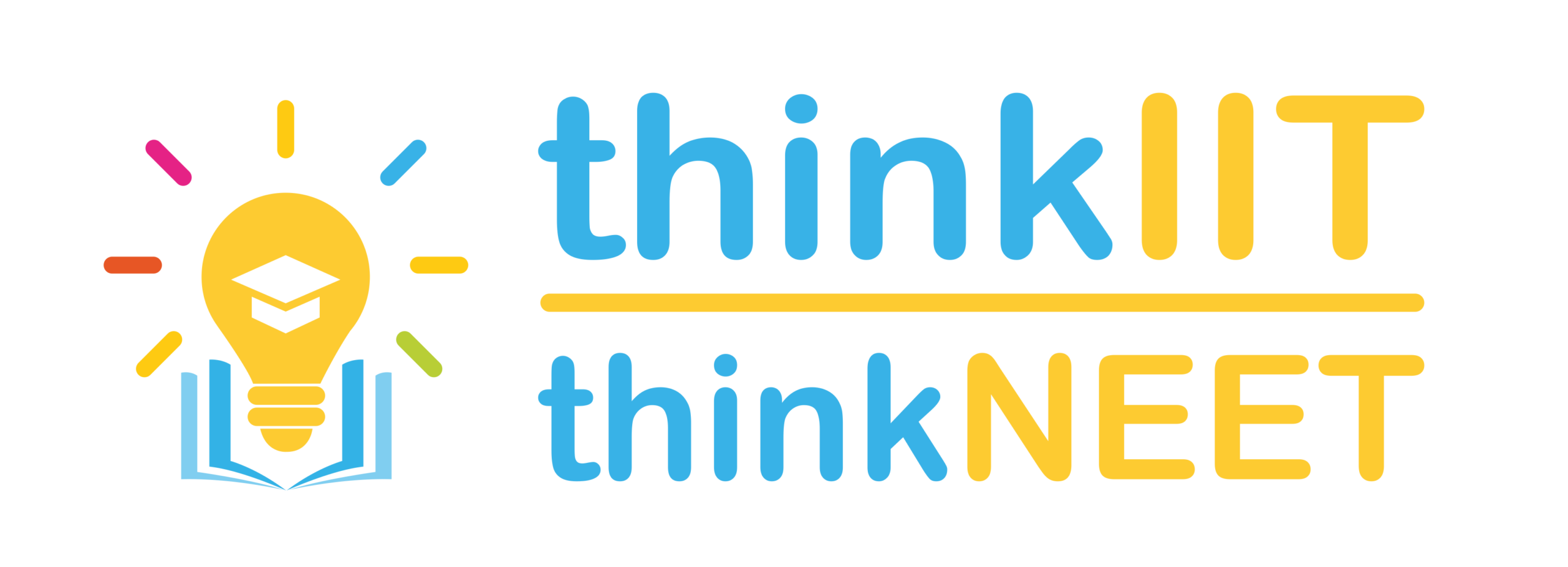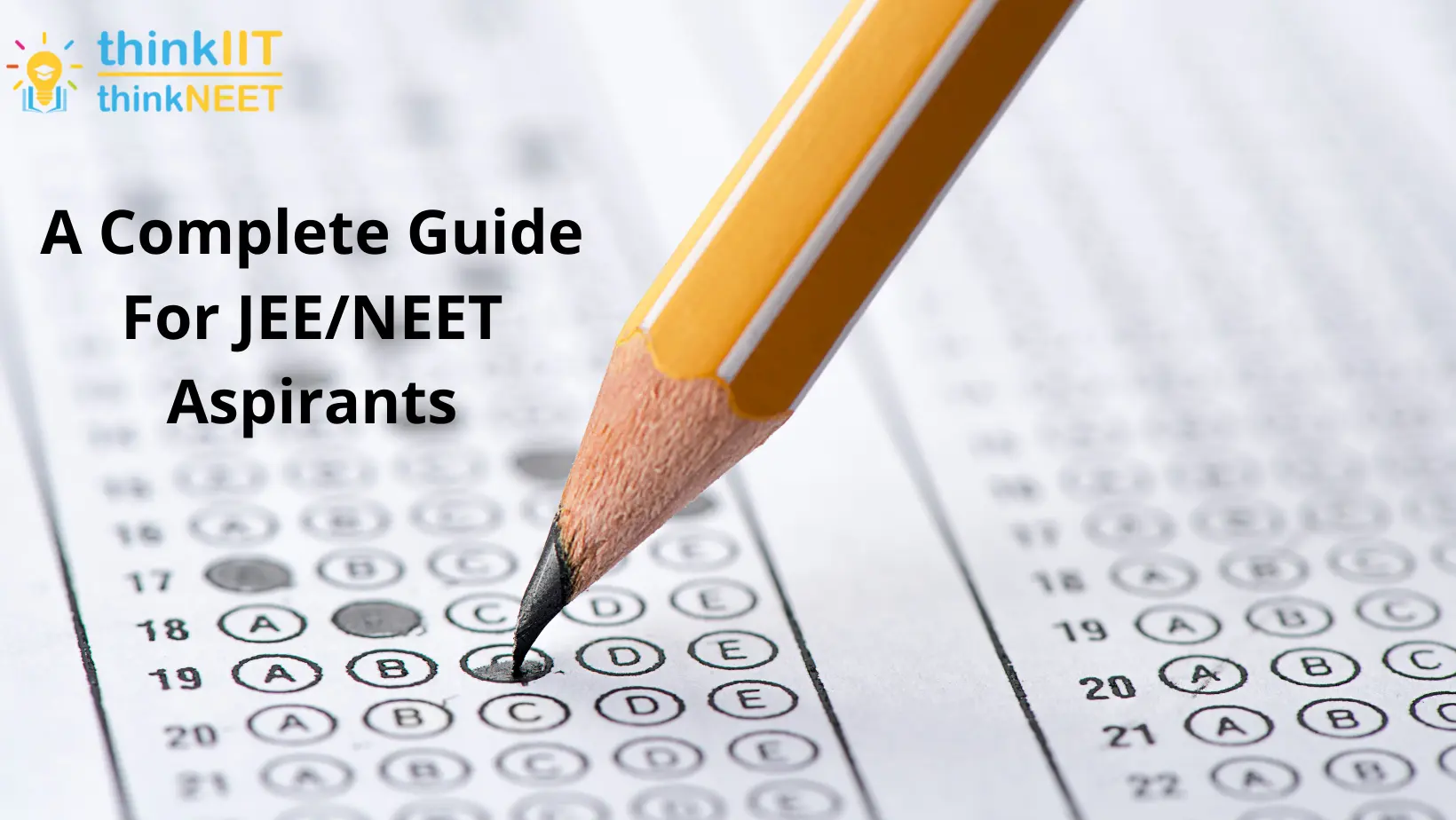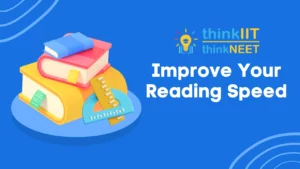Now that the board examinations and competitive tests like JEE and NEET are approaching, We must concentrate on both. It becomes extremely overwhelming for the majority of the kids. However, if you know the appropriate way out, it is quite simple to manage both.
Are you prepared for the Boards vs. Competitive Exams (JEE/NEET) battle in 2022?
EE will be administered in four attempts this year, from February to May. And the board exams are scheduled between the four JEE tries. So, how are you going to set your goals to get good grades in both exams? Well, Vedantu has created a full-fledged master guide produced by specialists to assist you in performing well in both examinations.
Here are some methods, suggestions, and tricks to help you arrange your studies and prepare for the Boards and JEE/NEET tests.
Difference Between Boards & Competitive Exams.
There is no disputing that competitive tests and Board exams are vastly different from one another. Although the syllabi for both exams are practically identical, each exam measures a separate set of skills.
As a result, in terms of preparation, both require distinct approaches. Let us look at some more distinctions between boards and competitive tests.
As we all know, understanding the facts and theories is more than enough on boards, but applying the concepts and theories is also necessary when studying for competitive exams. To succeed in both exams, students should always practise questions and understand the reasoning for problem solutions.
Boards typically ask subjective questions, but competitive exams such as JEE/NEET ask objective questions. That is why competitive tests do not require you to demonstrate your penmanship or presentation skills.
Tips, Tricks & Strategies to Balance Boards & Competitive Exams
Know Your Syllabus & Exam Pattern:
Knowing the curriculum before sitting for exams is the most typical habit that every student should follow. This is because board exams only cover the 12th class syllabus, whereas JEE/NEET demands thorough preparation of both the 11th and 12th class syllabi. The unpleasant thing is that “you can’t even abandon a single topic when studying for JEE/NEET.”
Therefore, if you believe that you can simply sit at random and revise the curriculum twice or three times and pass both boards and competitive exams, you are mistaken! You should do extensive research on the topics that are most likely to appear in both tests. It will save you time and energy, which you can always spend on your preparation afterwards.
Find Out the Common Elements & Master Them:
As previously said, the syllabi of both board and competitive exams are comparable, which can help with your preparation. As a result, you must go through the subjects and generate a list of themes that are shared by both. Your initial priority should be to complete these frequent themes.
This allows you to finish the 30% preparation for both tests at the same time. In addition, for competitive exams (JEE/NEET), you can link themes from 11th and 12th grades in Chemistry, Math, and Biology. This allows you to establish a flow, a greater understanding, and a stronghold on the relevant concepts.
Prioritize Instead of Balancing:
Because you know how essential both examinations are to you, don’t assume you have to balance them all the time. You must learn to prioritise tasks so that you can create an effective timetable that allocates adequate time to both.
Also, if you know that your intended college entrance is dependent on merit, then board examinations should be your priority, with competitive exams serving as a backup, or vice versa. However, keep in mind that you must pass your boards to be admitted to institutions.
Intelligent experts advise against performing without a plan. So, constantly consider what you want more and the best approach to get it. This thought process will keep your thoughts structured and focused on your goal.
Taking breaks in between: Keep your mind sharp!
It is the quality of study that is important, not the number of hours spent studying. So, instead of measuring how much you have studied by the number of hours, focus on ensuring that you understand what you are studying.
To improve the quality of your learning, keep your study periods brief and take frequent breaks. A ten-minute break in the middle of a 45-minute study session might suffice. You could listen to music, hydrate yourself, go on a stroll, read a few chapters of a book, or finish a fast workout!
Mock-Tests & Previous Year Questions from ThinkIIT
Along with your revision and regular studies, try to tackle question banks, sample papers, and mock tests to familiarise yourself with the exam pattern, syllabus, and mark distribution.
When it comes to 2022 JEE or NEET toppers, they all had one thing in common: they completed one mock test per day. It has helped them identify their problem areas, correct their errors, learn time management, and boost their confidence so that it does not happen again in their final exam.
Maintain a positive outlook because it is not impossible.
It is critical to avoid negative thoughts during the preparation process. There is a potential that those around you will feed your negative ideas, diversions, and panic. In such instances, believe in yourself and your efforts over these days of preparation.
If you are certain that you will pass JEE, AIIMS, or NEET and gain admission, your potential will undoubtedly assist you in achieving good outcomes in the Board exams. If not, you should pay similar attention to Board results. Remember that you will have another opportunity to write an entrance exam, but you will not have another opportunity to write your Board Exams.
Every year, thousands of students set their sights on passing India’s most difficult entrance exams, JEE and NEET. There is no doubt that studying for the JEE and NEET is not easy! It necessitates conceptual understanding, problem-solving talents, analytical abilities, and, of course, a high level of aptitude. In addition, managing board exams could be difficult.
Almost every student makes a study schedule, but not all of them stick to it. So here’s a way that will undoubtedly assist you in sticking to your programme. Calendar blocking is a highly efficient approach advocated by our JEE and NEET online coaching specialists.
This means that you set up a specific time each day for each activity that needs to be completed. For example, on Monday, you have Thermodynamics and Mole Concept to study. However, you will eventually need time for activities like getting ready, breakfast, lunch, dinner, and exercise.
I hope these suggestions help you overcome all obstacles and achieve your objectives.
Need more help in managing your boards and competitive exam preparation? Try our ThinkIIT programs where our experts will provide you with step by step guidance.
Powered By thinkIIT




